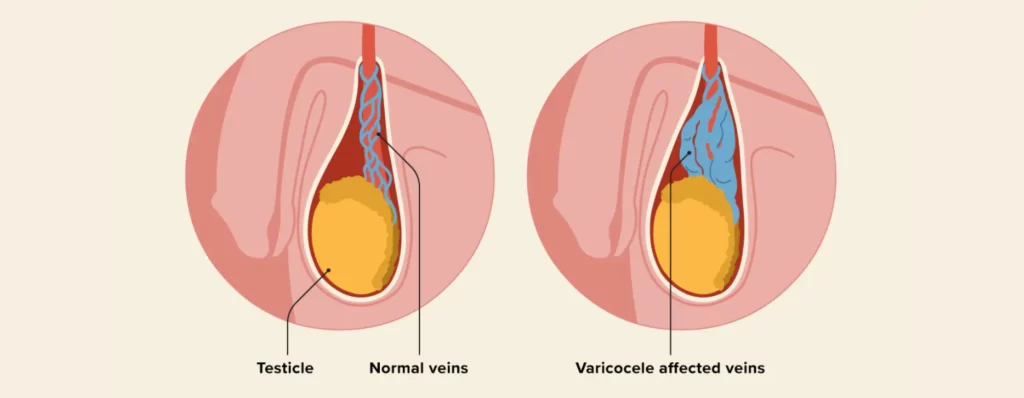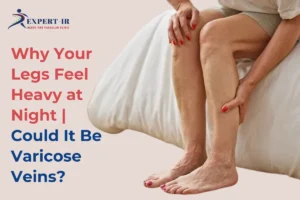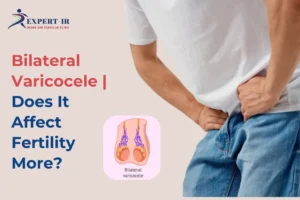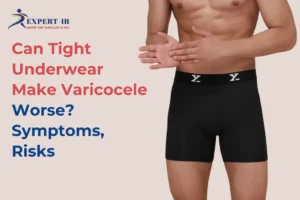Varicose Veins in Scrotum, or varicoceles, is a common but often overlooked condition that can lead to significant physical discomfort and fertility issues. While the condition may not always require treatment, seeking medical advice is crucial for men experiencing symptoms or struggling with infertility.
Dr. Santosh Patil, the Best Vascular Surgeon in Pune, offers a variety of treatment options, from conservative management to advanced surgical techniques, to help men regain their health and quality of life. If you suspect you have varicoceles or are facing infertility concerns, don’t hesitate to consult Dr. Santosh Patil for a comprehensive evaluation and personalized treatment plan. Book your Appointment Now!




